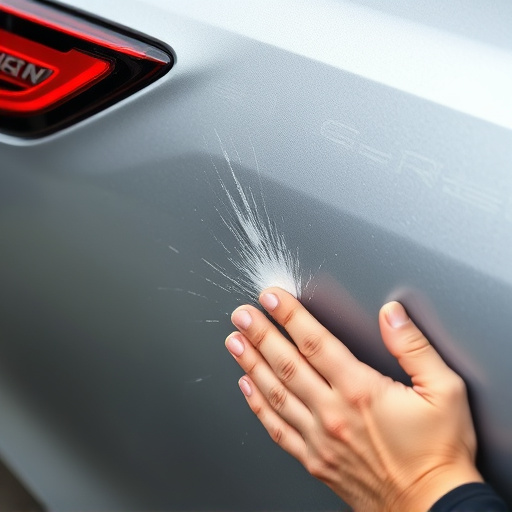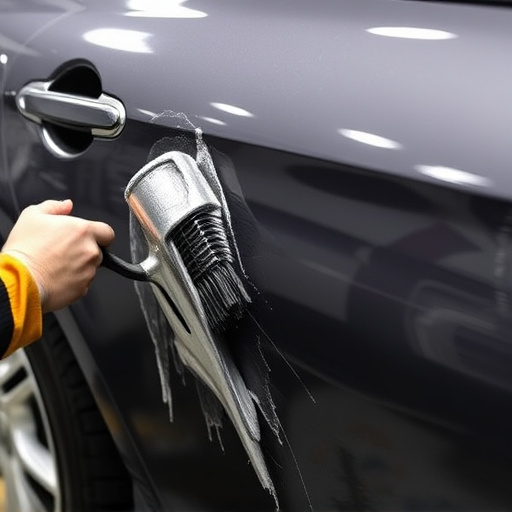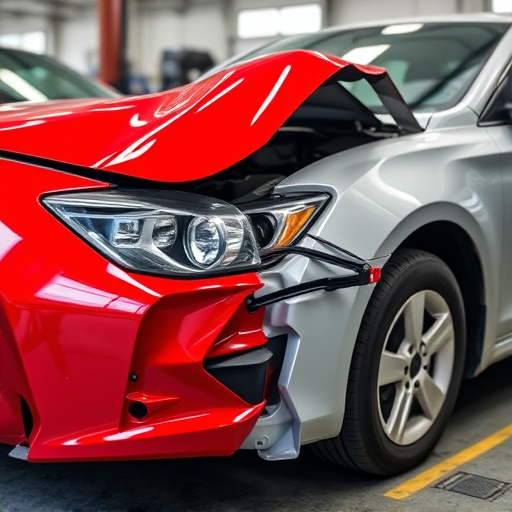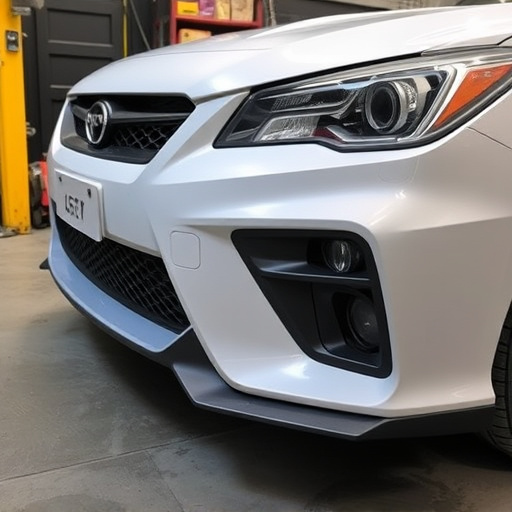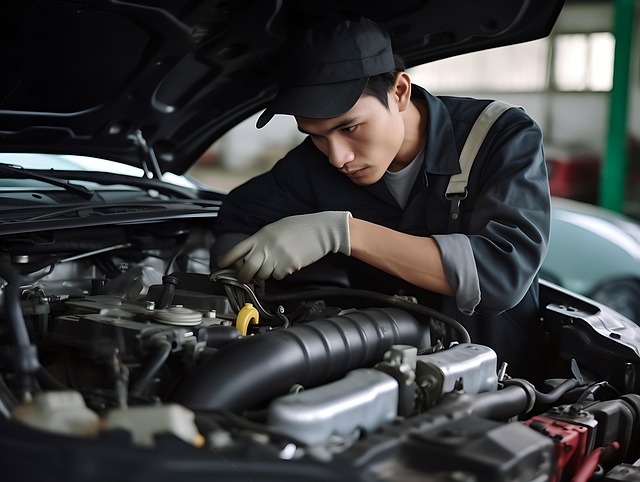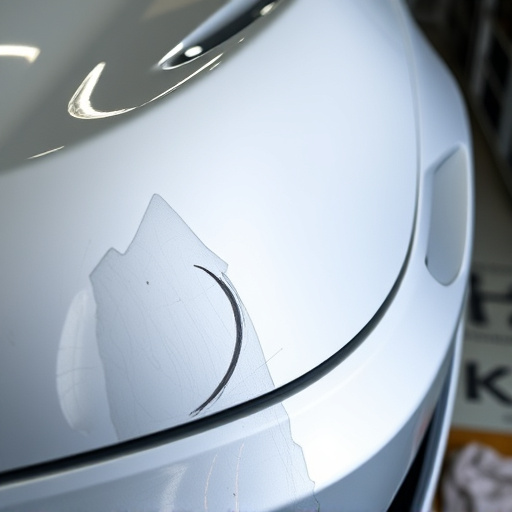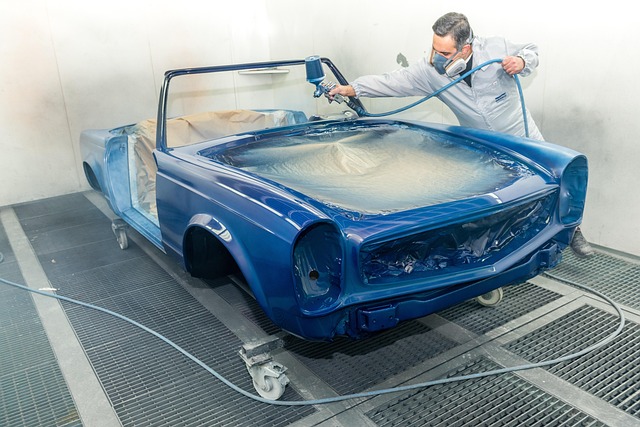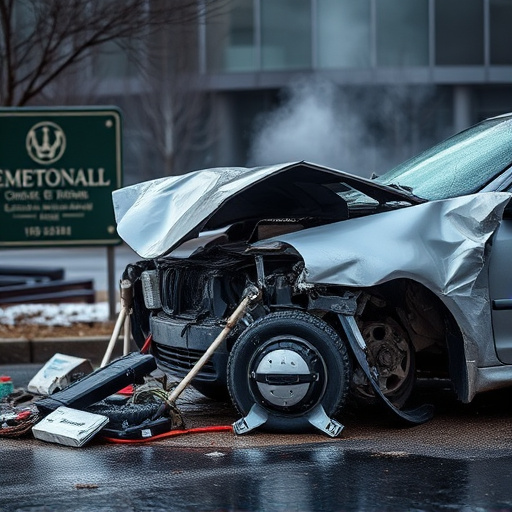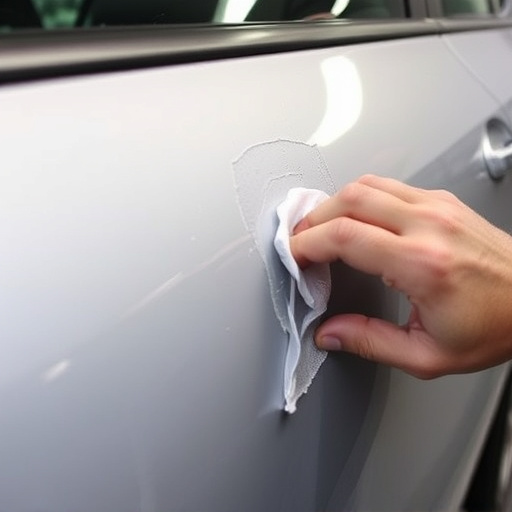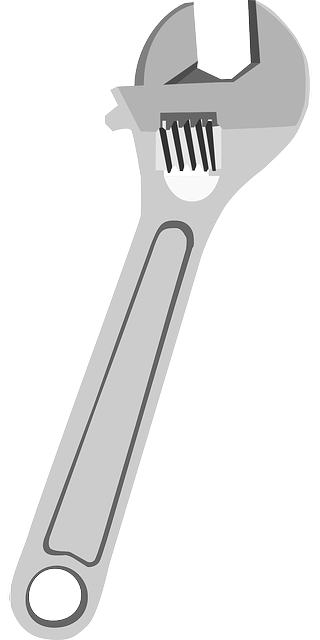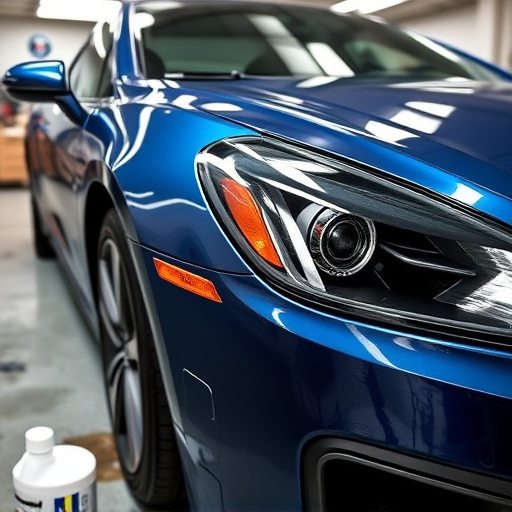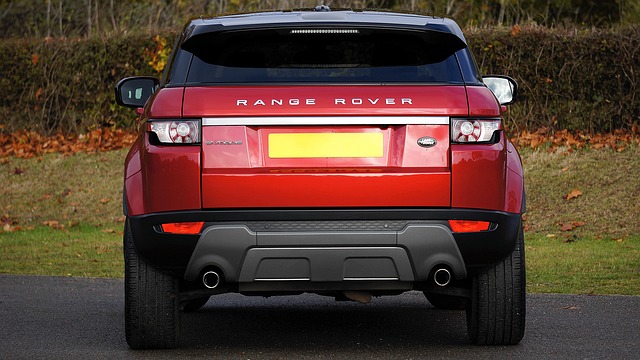Auto repair shops need to adapt their communication strategies with customers in the digital age. By using CRM software and data analytics, they can offer personalized updates, estimates, and scheduling. This includes automated text messages, online portals, and detailed reports to enhance satisfaction and build trust, differentiating them from competitors and encouraging repeat business.
In today’s digital age, personalized vehicle repair communication is vital for fostering customer satisfaction and loyalty. This article explores effective strategies to enhance the entire customer journey, from understanding individual preferences in communication to leveraging technology for real-time updates. We delve into building trust through post-repair engagement tailored to each client, ensuring a seamless and satisfying experience. Discover how these tactics revolutionize the traditional repair process, making it more accessible and efficient for all vehicle owners.
- Understanding Customer Preferences for Vehicle Repair Communication
- Leveraging Technology for Personalized Repair Updates
- Building Trust through Tailored Post-Repair Engagement Strategies
Understanding Customer Preferences for Vehicle Repair Communication
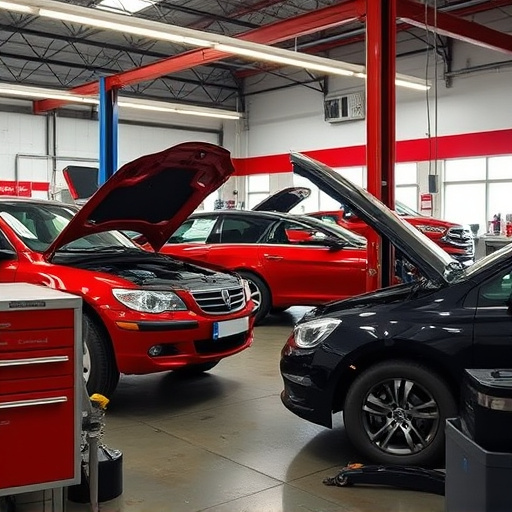
In today’s digital age, understanding customer preferences for vehicle repair communication is more crucial than ever. Auto repair shops must adapt to the modern consumer’s desire for transparent, efficient, and personalized interactions. Customers increasingly expect real-time updates, clear estimates, and convenient scheduling options when it comes to their automotive body work or collision damage repairs. They want to know exactly what services are needed, how much they will cost, and when their vehicle will be ready without any hidden fees or surprises. This shift in preference demands that repair shops move beyond traditional communication methods and adopt more digital and personalized approaches.
By integrating customer relationship management (CRM) software and leveraging data analytics, auto repair businesses can gain valuable insights into client preferences and behaviors. This allows them to tailor their communication strategies accordingly, offering tailored solutions for each customer’s unique needs. Whether it’s providing detailed reports on the extent of damage after an accident ( collision damage repair), offering virtual consultations for minor car restoration tasks, or sending personalized reminders for routine maintenance, these strategies ensure customers feel valued and well-informed throughout the entire vehicle repair process.
Leveraging Technology for Personalized Repair Updates
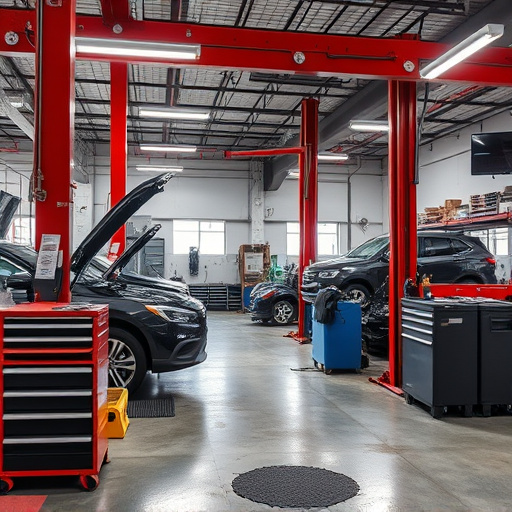
In today’s digital era, leveraging technology for personalized vehicle repair communication is a game-changer. Customers increasingly expect real-time updates and transparent information about their car’s repairs, especially after incidents like hail damage repair or collision repair. Body shop services that adopt digital tools can significantly enhance customer satisfaction and loyalty. For instance, sending automated text messages with detailed repair progress reports, allowing customers to track parts replacements, and offering secure online portals for document sharing not only streamline communication but also foster a sense of trust and engagement.
Integrating customer relationship management (CRM) software into vehicle repair communication strategies is another effective approach. CRM systems can capture and analyze customer preferences, history, and feedback, enabling body shops to deliver tailored services. This personalization goes beyond simple updates; it includes proactive notifications about scheduled maintenance, special offers on future repairs, and recommendations for enhancing the car’s aesthetic or safety features. Such strategic use of technology not only improves customer experience but also encourages repeat business and positive word-of-mouth referrals.
Building Trust through Tailored Post-Repair Engagement Strategies
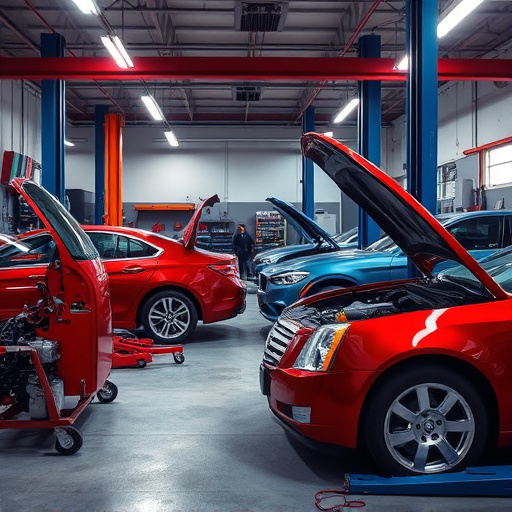
In the realm of vehicle repair communication, building trust is paramount to fostering a lasting relationship with clients. After completing a repair job, tailored engagement strategies can significantly enhance customer satisfaction and loyalty. One effective approach is personalized follow-up communication, where workshops reach out to owners, offering detailed insights into their vehicle’s post-repair condition. This strategy not only provides transparency but also showcases the workshop’s commitment to excellence.
By implementing these tailored methods, automotive collision repair or car body restoration businesses can ensure clients feel heard and valued. A simple gesture such as sending before-and-after pictures of the repaired vehicle dent repair, along with a brief note highlighting the work done, can go a long way in creating a positive impression. Such personalized interactions create a sense of community and encourage customers to view their automotive care provider as more than just a service center—a trusted partner in keeping their vehicles in top condition.
Personalizing vehicle repair communication experiences is not just a trend, but an essential strategy to enhance customer satisfaction and build long-lasting relationships. By understanding customer preferences, leveraging technology like SMS, email, and mobile apps for personalized updates, and focusing on post-repair engagement, businesses can create a seamless, transparent, and trustworthy experience. These strategies not only improve communication but also foster loyalty among customers, ensuring they return for future repairs and actively recommend the service to others.
